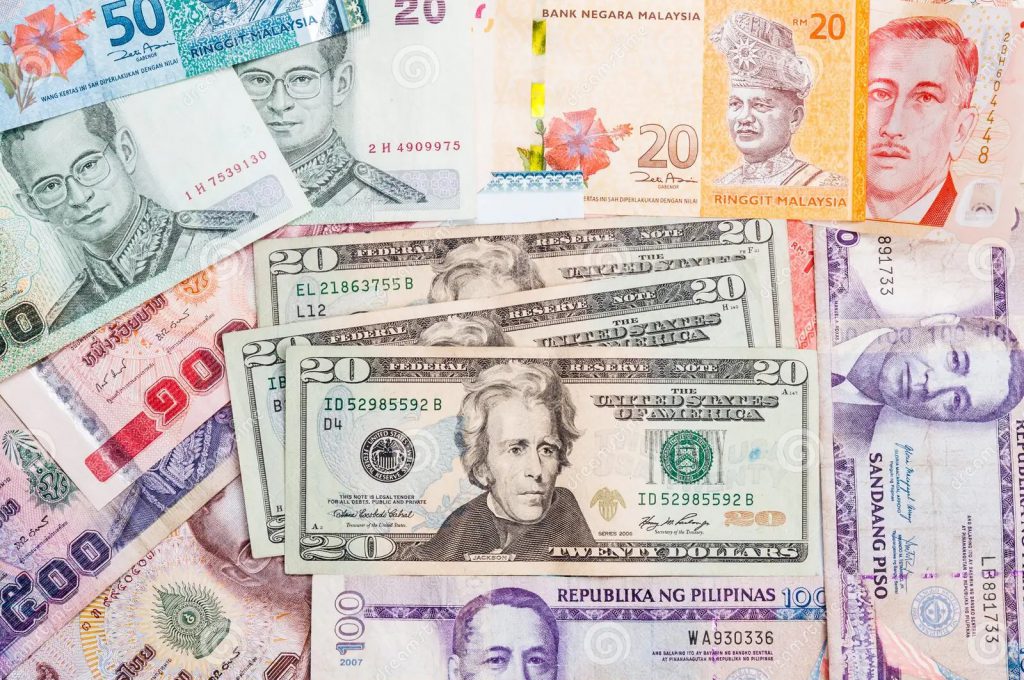As a sign of the prevailing dominance of the greenback despite BRICS de-dollarization, the US dollar is still used in 48% of all international transactions. Moreover, that figure denotes the highest usage of the currency in more than a decade. Subsequently, the data is shown from transactions used within the SWIFT system.
Data analysis firm Barchart took to X (formerly Twitter) to share the rather surprising data. Subsequently, the BRICS economic alliance has led a nearly year-long initiative against the dollar. However, those efforts have not yet impacted the overall status that the currency still holds amid international transactions.
Also Read: BRICS: China & Saudi Arabia Drive Global End to US Dollar
US Dollar Still Dominant Despite BRICS Actions
Throughout the last year, the growth of the BRICS alliance has dominated geopolitical discourse. Indeed, the alliance has found itself as a massive bloc, with some of the globe’s fastest-growing economies. Moreover, it has sought to give the global south an even greater voice within the international power balance.
A key part of that has been its efforts to decrease the international prevalence of Western nations. Subsequently, that has come with a clear de-dollarization initiative brought forth by the alliance. Yet, despite BRICS actions throughout 2023, the US dollar is still used in 48% of international transactions.


Also Read: BRICS: How Bitcoin Could Help Alliance Ditch the US Dollar
The data revealed by Barchart shows that the usage rate of the US dollar is still at its highest in more than a decade. Additionally, it showcases not just the resilience of the greenback but also how difficult it is for alliances like BRICS to truly usurp its overwhelming presence globally.
However, the data does show the dollar leads in transactions made through the SWIFT payment system. Alternatively, the figures reinforce why the BRICS alliance has long sought to eliminate the payment system and replace it with a BRICS-focused alternative. The Western-controlled SWIFT has represented a key toward the de-dollarization hopes the bloc still holds.





